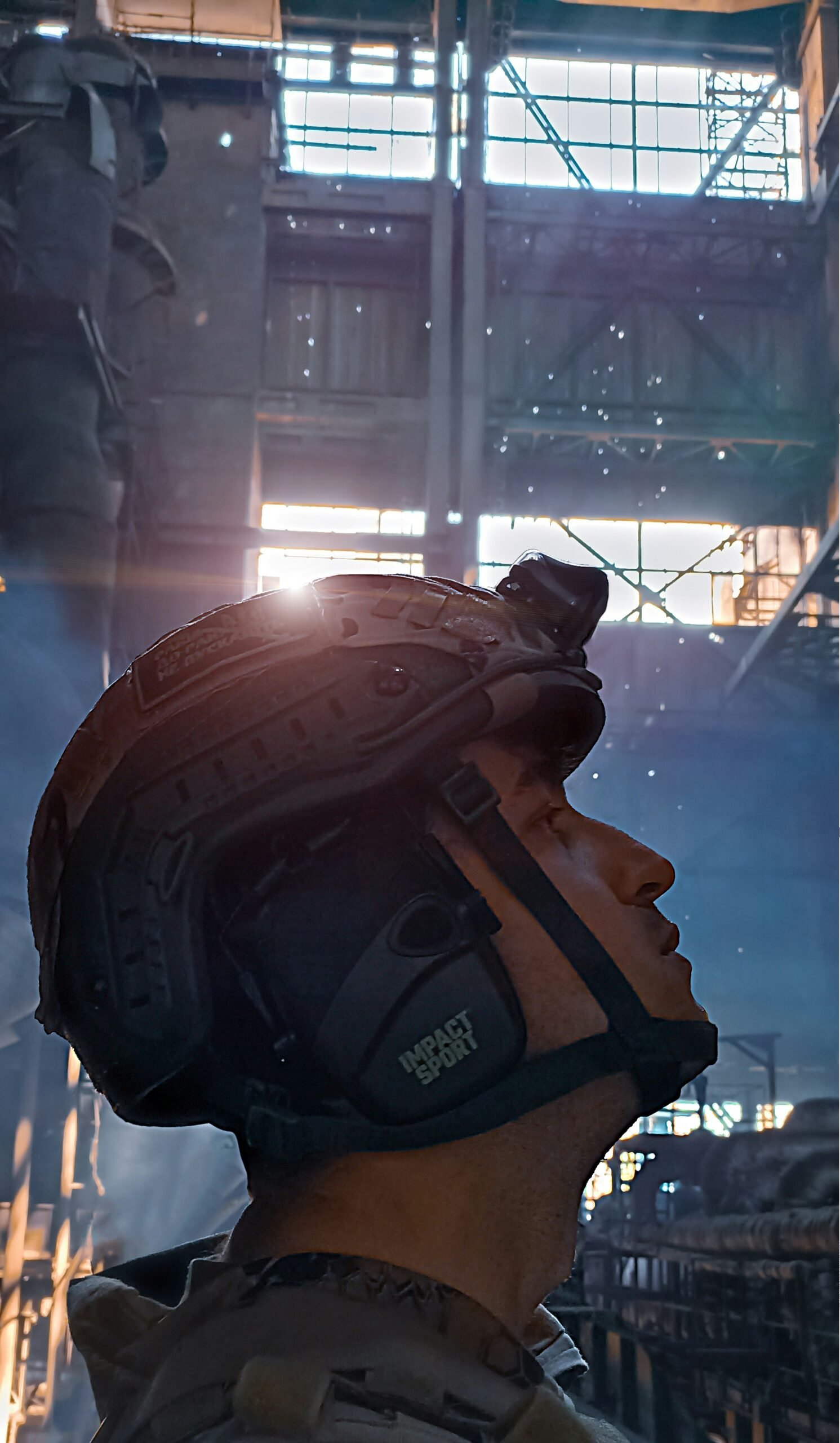Introduction
In conflict zones around the world, the impact of armed conflict extends far beyond the immediate physical violence. One area that is often overlooked is the violation of sexual rights. Sexual violence is frequently used as a weapon of war, causing immense harm to individuals and communities. This blog post will discuss the impact of armed conflict on sexual rights, including the use of sexual violence as a weapon of war, and the efforts being made to support survivors and promote accountability for perpetrators.
The Impact of Armed Conflict on Sexual Rights
Armed conflict has a devastating impact on sexual rights. The breakdown of social structures and the rule of law often leads to an increase in sexual violence. Women, men, and children are all vulnerable to sexual violence in conflict zones. This includes rape, sexual slavery, forced prostitution, and other forms of sexual abuse.
Sexual violence is not only a gross violation of human rights, but it also has severe physical and psychological consequences for survivors. Many survivors suffer from physical injuries, sexually transmitted infections, unwanted pregnancies, and psychological trauma. In addition, the stigma and shame associated with sexual violence can further isolate survivors and prevent them from seeking help.
Sexual Violence as a Weapon of War
Sexual violence is often used as a deliberate strategy in armed conflict. It is used to terrorize and control populations, to punish and humiliate individuals and communities, and to destabilize societies. By targeting individuals based on their gender or sexual orientation, armed groups seek to exert power and dominance.
Perpetrators of sexual violence in conflict zones are rarely held accountable for their actions. The culture of impunity allows them to continue their crimes without fear of consequences. This lack of accountability not only perpetuates the cycle of violence but also undermines efforts to promote peace and stability.
Efforts to Support Survivors and Promote Accountability
Despite the challenges, there are organizations and individuals working tirelessly to support survivors of sexual violence in conflict zones and promote accountability for perpetrators.
One such organization is the International Campaign to Stop Rape & Gender Violence in Conflict. They work to raise awareness about sexual violence in conflict zones, advocate for policy changes, and provide support to survivors. Their efforts have helped to shine a spotlight on this issue and push for greater accountability.
Another important initiative is the International Criminal Court (ICC), which has made significant strides in prosecuting individuals responsible for sexual violence in conflict zones. The ICC has recognized sexual violence as a war crime and a crime against humanity, and has brought perpetrators to justice.
Local organizations and grassroots movements also play a crucial role in supporting survivors and promoting accountability. They provide vital services such as medical care, psychosocial support, and legal aid. They also work to challenge the culture of impunity and advocate for the rights of survivors.
Conclusion
The impact of armed conflict on sexual rights is a grave concern that requires urgent attention. Sexual violence as a weapon of war not only violates the rights of individuals but also destabilizes societies and undermines efforts to promote peace and security. Efforts to support survivors and promote accountability are crucial in addressing this issue and creating a safer and more just world.

